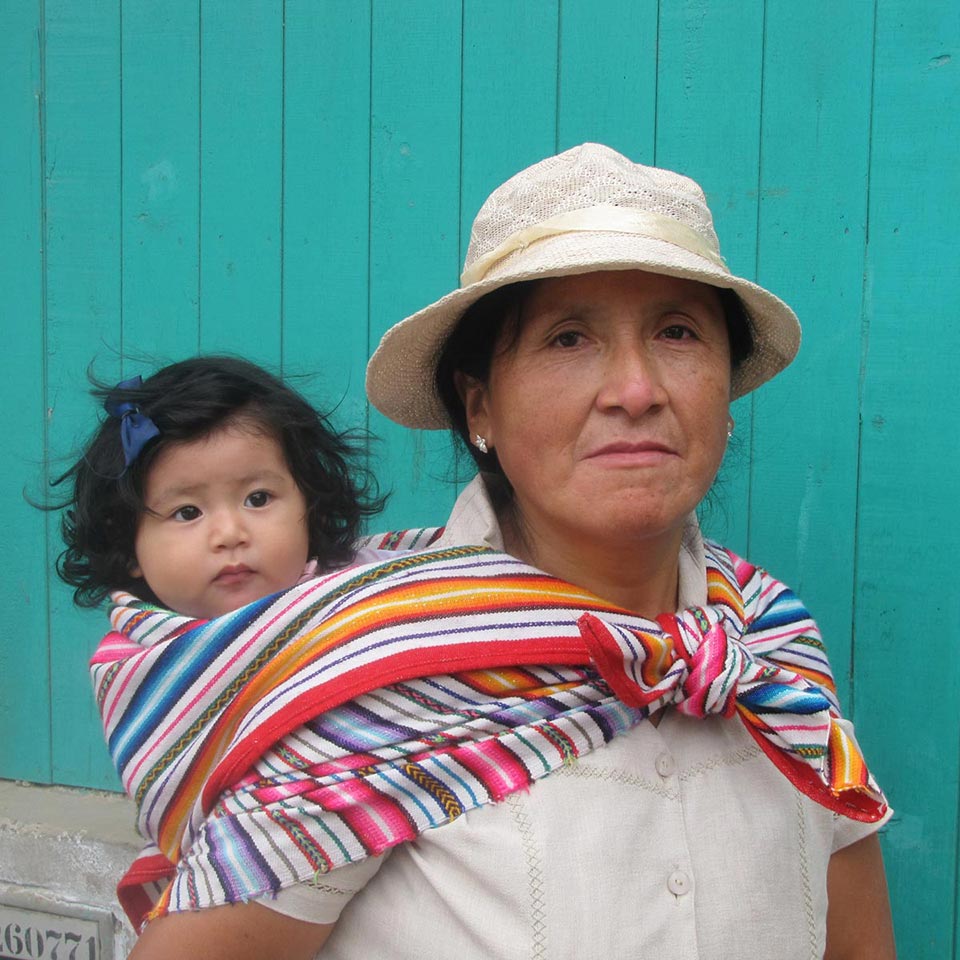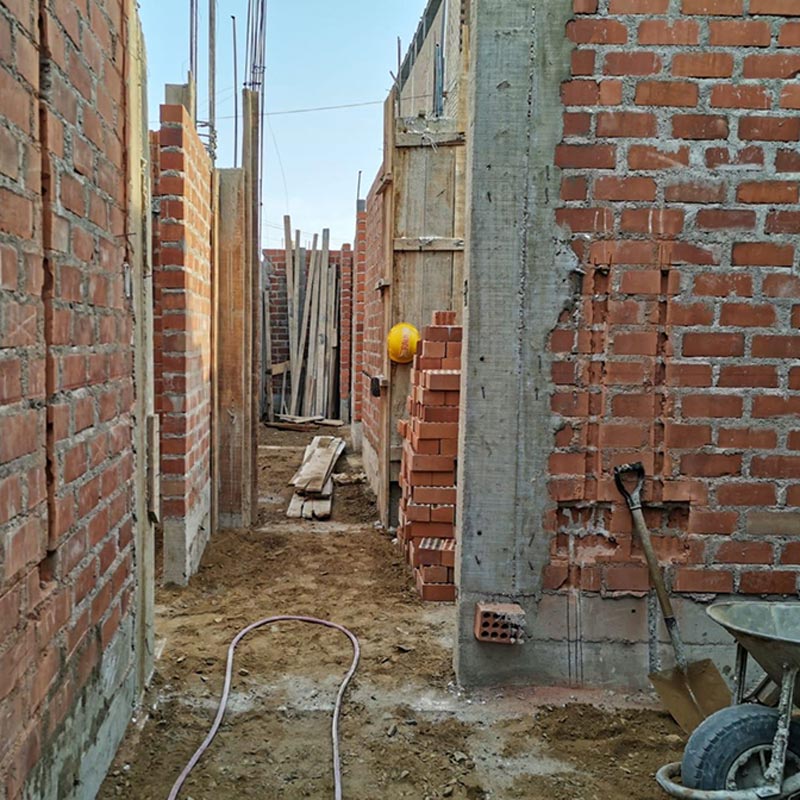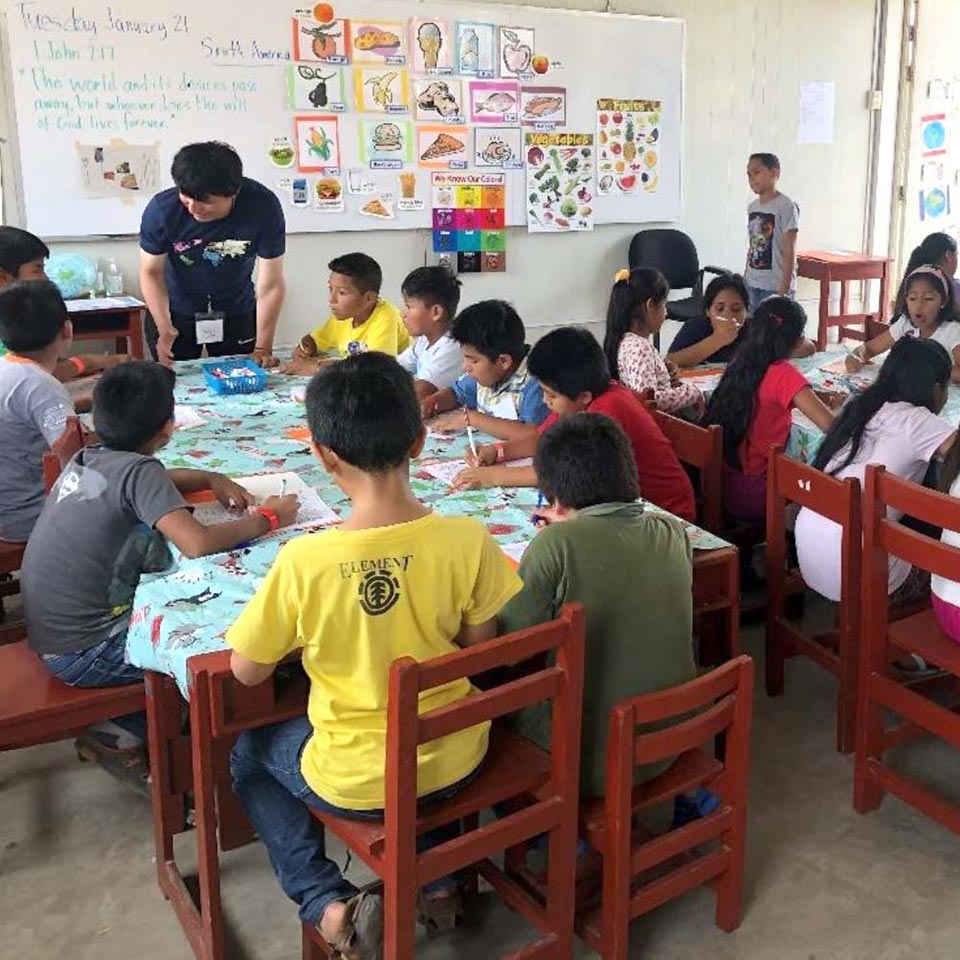About the Early Childhood Stimulation Center
Children in Flores de Villa often-times do not meet developmental milestones due to their poor living conditions and lack of stimulation. Peruvian Partners’ early childhood stimulation center provides free and subsidized (via scholarships from people like you) services for kids ages 4 months to 3 years old. With oversight provided by a Psychologist, the Center offers developmentally appropriate and hands-on activities in a safe and sensory rich environment. Kids explore, reach crucial developmental milestones, and learn about Jesus. Mothers receive training and participate; and are also able to drop off their children to find opportunities for work and attend women’s Bible studies.
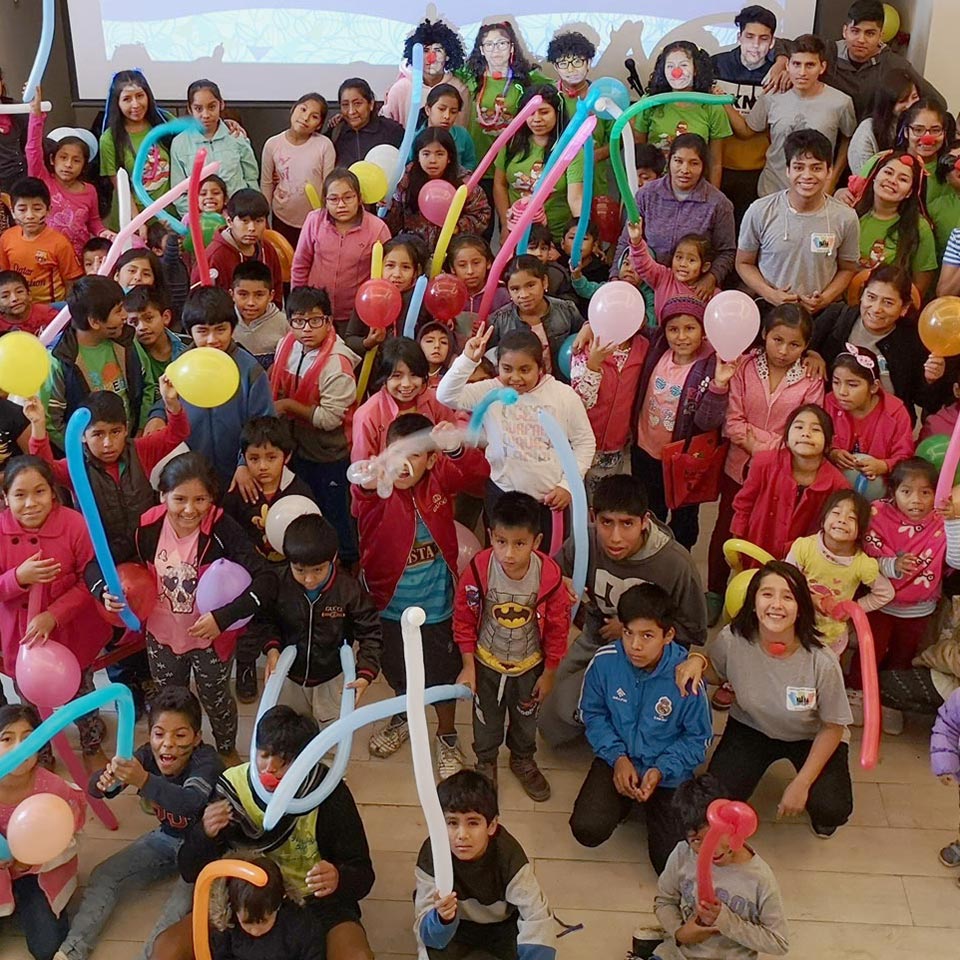
Reducing the effects of poverty through early childhood interventions
Opportunities for play, exploration and learning provided to young children critically shape their health and development throughout their lifetime. However, children around the globe are exposed to accumulated risks such as poverty, and challenging social and physical environments that limit the degree of stimulation offered by caregivers and the home environment. It was estimated that, worldwide, around 200 million children under 5 years of age do not develop to their full cognitive potential. This has lifelong implications and adverse consequences for education, income, health, fertility rates and delinquency and jeopardizes the development and well-being of future generations.
Early childhood is a very important time for brain development, which comprises physical, socio/emotional, and language/cognitive development. Brain development depends on many interacting and interdependent factors, such as genetic inheritance, health and nutritional status, quality of maternal–child interaction and environmental characteristics. Neuroplasticity, meaning the brain’s ability to change in response to exogenous stimuli, is greatest during the first 3 years of life.
Early child development (ECD)
Early child development (ECD) interventions are usually seen as cost-effective and promising strategies for reaching children at-risk and for influencing success and productivity up to adult age. The circumstances of poor households often result in less stimulation, parent–child interaction and stability. Poorer families are less likely to send their children to center-based care. Similarly, deprivation in early childhood is believed to negatively affect IQ development, which affects other ECD markers, such as motor skills. Home-based interventions can help to alleviate the negative effects of poverty on child development, thereby preventing a widening of the gap between rich and poor.
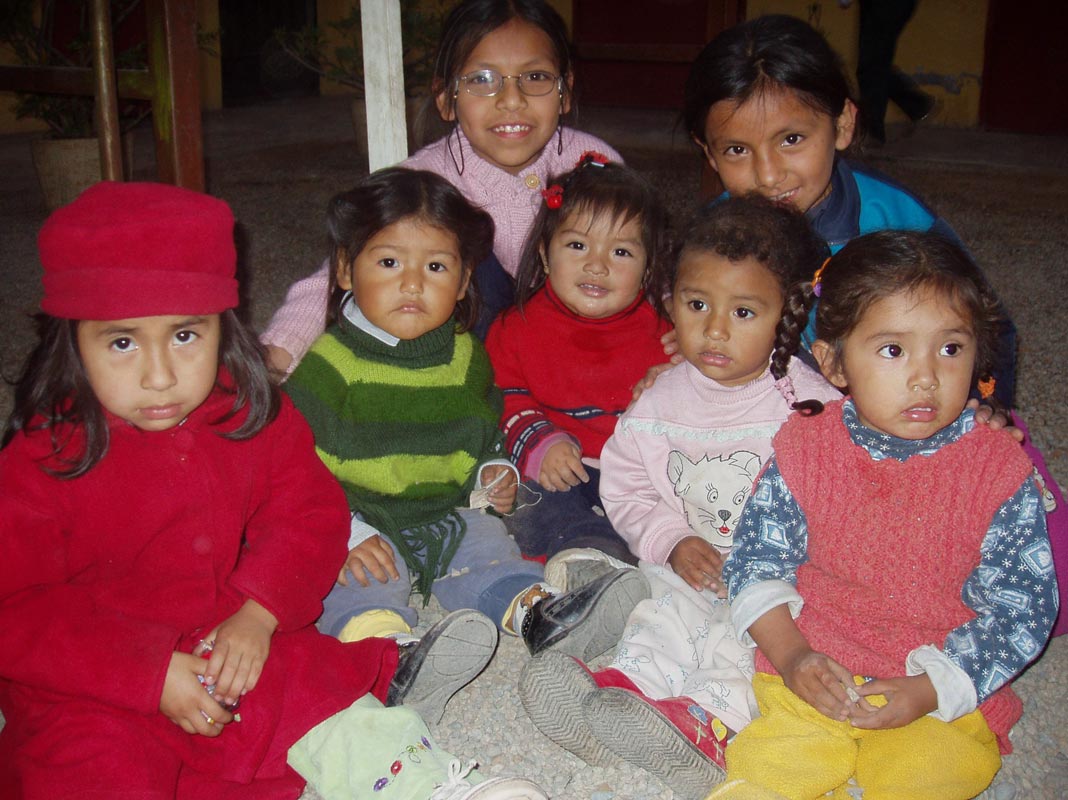

A recent evaluation of 1900 Peruvian children found a large gap in cognitive development between the highest and the lowest socioeconomic group (assessed with a standard vocabulary test, Peabody Picture Vocabulary Test). This trend is also shown in the Programme for International Student Assessment, PISA, which ranked Peru last among 65 countries.
ECD is a means of equalizing opportunities early in life.
In addition to evaluating how boosting family income benefits children, researchers looking for effective ways to reduce poverty’s effects on children have been homing in on early childhood as an especially promising period for intervention, due to the potential lifelong implications of early brain development and the proven efficacy of early childhood interventions. Consistent robust evidence shows short-run and long-run benefits from several early childhood (ages 3 to 5) education program models. The evidence supporting the effectiveness of high-quality, center-based early childhood education is strong. Model demonstration programs such as Perry Preschool and Abecedarian have been shown to increase long-term school attainment and earnings. In addition, evidence suggests that the Perry program reduces crime and the risk of adult poverty.


To conclude I would like to quote what my colleagues Greg Duncan, Jens Ludwig, and I said in an essay on this topic in which we review the evidence on early childhood interventions:
“All in all, we conclude that investing in selected early childhood interventions appears likely to be a very cost effective way to reduce poverty over the long-term and that current public investments in such programs appear to have helped in this regard.”
Sources
Duncan, Ludwig, and Magnuson, “Child Development,”

Learn how partnerships are changing lives
Subscribe to our newsletter and don’t miss anything.
We promise we will not spam you!
CONNECT with PERUVIAN PARTNERS ON FACEBOOK
Peruvian Partners



